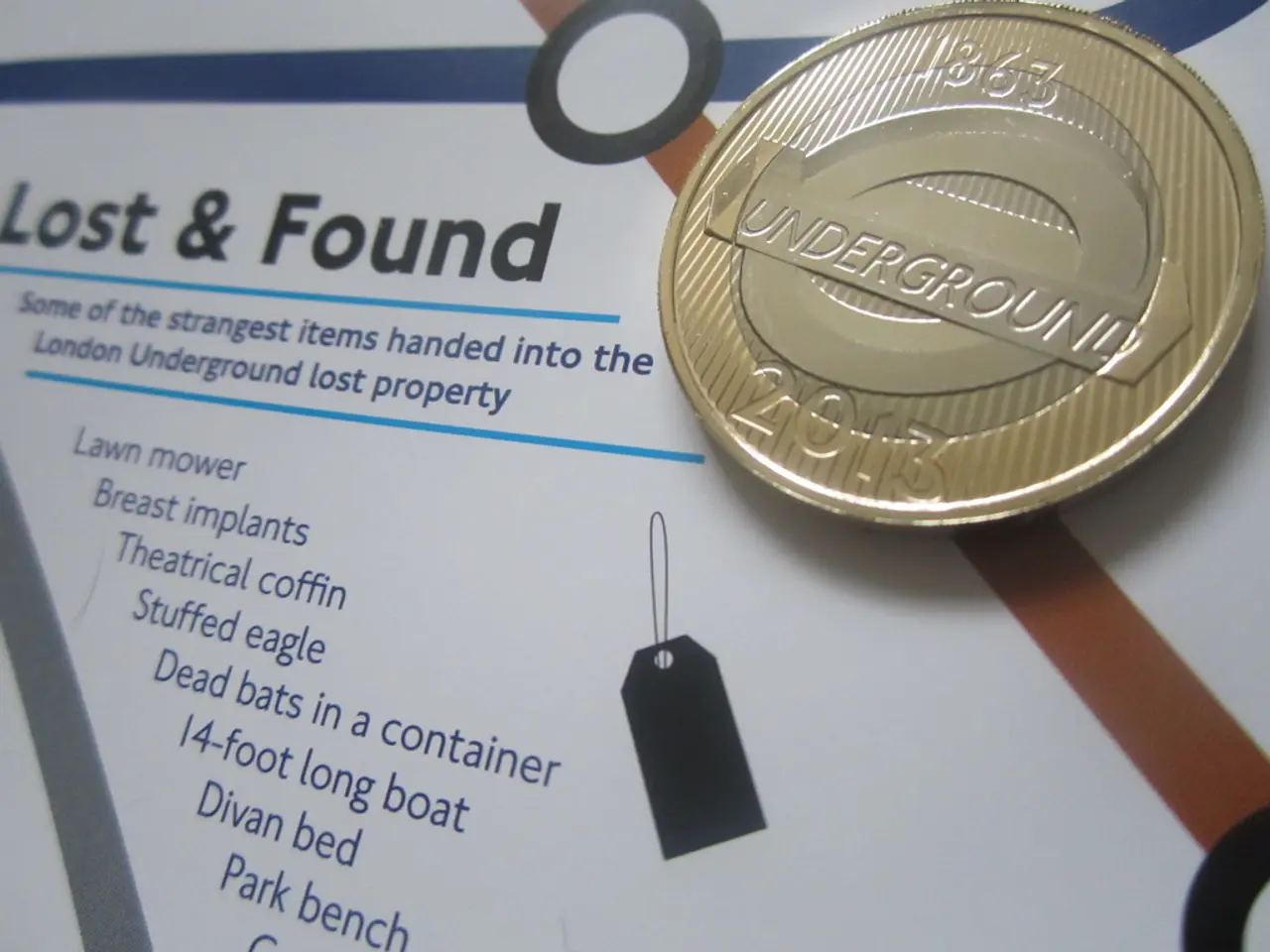EU Commission delves deep into distributed ledger technology concerns in Capital Markets Union consultation process
The European Commission has launched a consultation regarding the capital markets union (CMU) that runs until 10 June, as part of its Savings and Investment Union (SIU) strategy. This consultation aims to shape the European digital assets landscape, particularly in the realm of Distributed Ledger Technology (DLT) and permissionless blockchains.
The Commission's proposed approach focuses on establishing technology-neutral, interoperable architectures with binding technical standards. This approach seeks to avoid fragmentation by mandating common technical data standards for DLT platforms used in settlement processes, while leaving the technical implementation of connections to market participants.
The Commission supports a pragmatic, market-driven integration of DLT platforms with legacy financial infrastructure. This includes real-time settlement systems and central bank digital currency prototypes, which have demonstrated atomic settlement feasibility.
In the context of interoperability providers, these entities are expected to comply with these standards to ensure seamless data flows between DLT systems and traditional banking/market systems. The regulatory approach respects the diversity of DLT implementations but requires adherence to common standards for connectivity and data exchange to promote scalability and consistency across the EU financial market.
One of the key areas of discussion in the consultation is the legal complexities of tokenization, particularly regarding which laws apply to a transaction. The questionnaire includes a question about the applicable law for transactions on a DLT system, with options including the law chosen by the participants, the law chosen by the network participants, the law of the legal entity operating the DLT-based system, the domestic law of the State where the issuer is established, the place of the relevant operating authority/administrator, the primary residence of the encryption private master keyholder, and any other.
The consultation also delves into the delicate balance between providing legal clarity and increasing the compliance burden. It discusses the potential regulation of interoperability providers, which could significantly impact the European digital assets landscape.
The consultation includes a five-page section dedicated to the DLT Pilot Regime and tokenization more broadly. So far, only two institutions have received approval for the DLT Pilot Regime: 21X and CSD Prague. The section on the DLT Pilot Regime probes potential changes.
The Commission is contemplating various options for multi DLT interoperability, including a Central Securities Depository (CSD) integrated with numerous blockchains, a technology company providing interoperability, and a regulated entity providing an interoperability solution.
Two popular solutions in traditional finance for interoperability are Ownera's FinP2P and Chainlink's Cross-Chain Interoperability Protocol (CCIP). However, the current Basel rules for banks make it prohibitively expensive for banks to use permissionless blockchains for tokenization.
The consultation raises the legal complexities of a transaction involving a buyer in Spain, a seller in Germany, a securities issuer in France, a secondary market in Italy, and a central securities depository in Belgium. The Settlement Finality Directive (SFD) states that if there's collateral held at a central securities depository, then the law of the CSD's country applies.
The European Commission's regulatory framework seeks to provide legal and operational clarity, including clarifications around settlement finality and equivalence with existing procedures, to support both short-term and long-term solutions and ensure accessibility across the market. The consultation explores whether the licenses granted under the DLT Pilot Regime should be permanent.
- The Commission's proposals for the capital markets union (CMU) aim to create a technology-neutral landscape for the European digital assets landscape, particularly with Distributed Ledger Technology (DLT) and permissionless blockchains.
- The regulation of interoperability providers, as discussed in the consultation, could significantly impact the European digital assets landscape, providing legal clarity while potentially increasing the compliance burden.
- The consultation delves into the legal complexities of tokenization, specifically the applicable law for transactions on a DLT system, which may include the law chosen by the participants, the law of the legal entity operating the DLT-based system, or the primary residence of the encryption private master keyholder.
- In the context of multi DLT interoperability, the Commission is considering various options, such as a Central Securities Depository (CSD) integrated with numerous blockchains, a technology company providing interoperability, or a regulated entity offering an interoperability solution.
- The European Commission's regulatory framework aims to provide legal and operational clarity for settlement finality and equivalence with existing procedures, supporting both short-term and long-term solutions, and ensuring accessibility across the European financial market.




